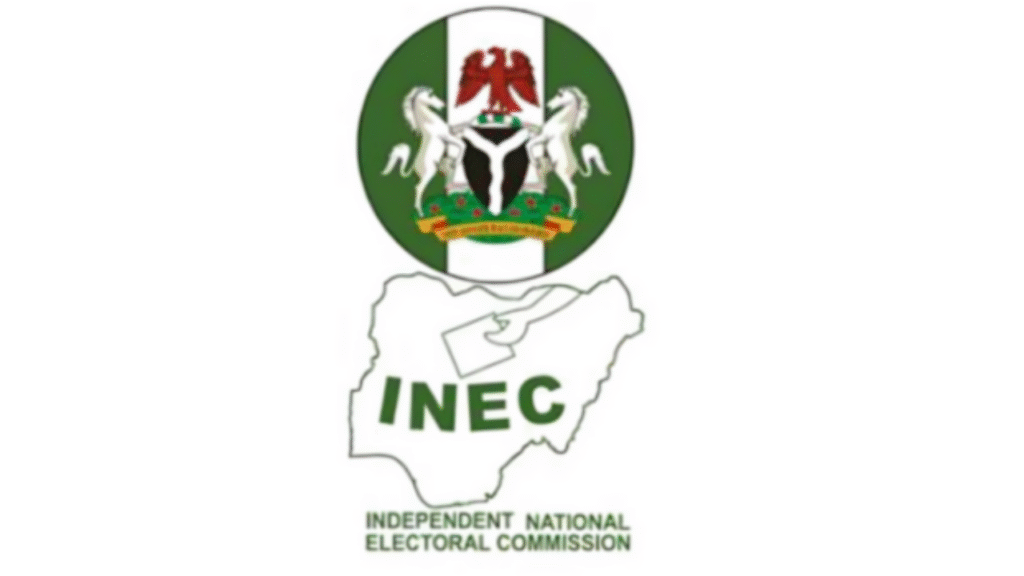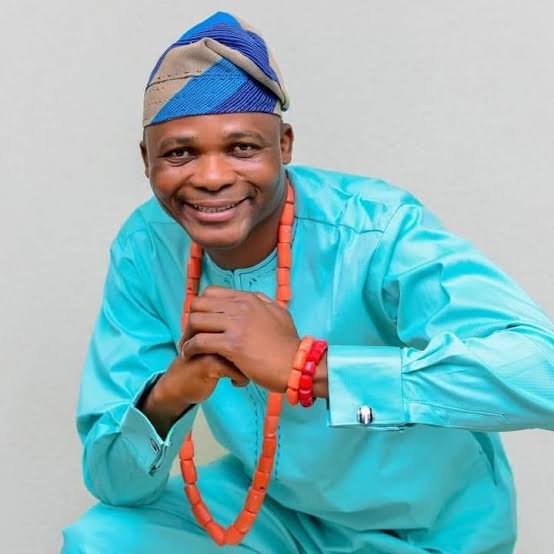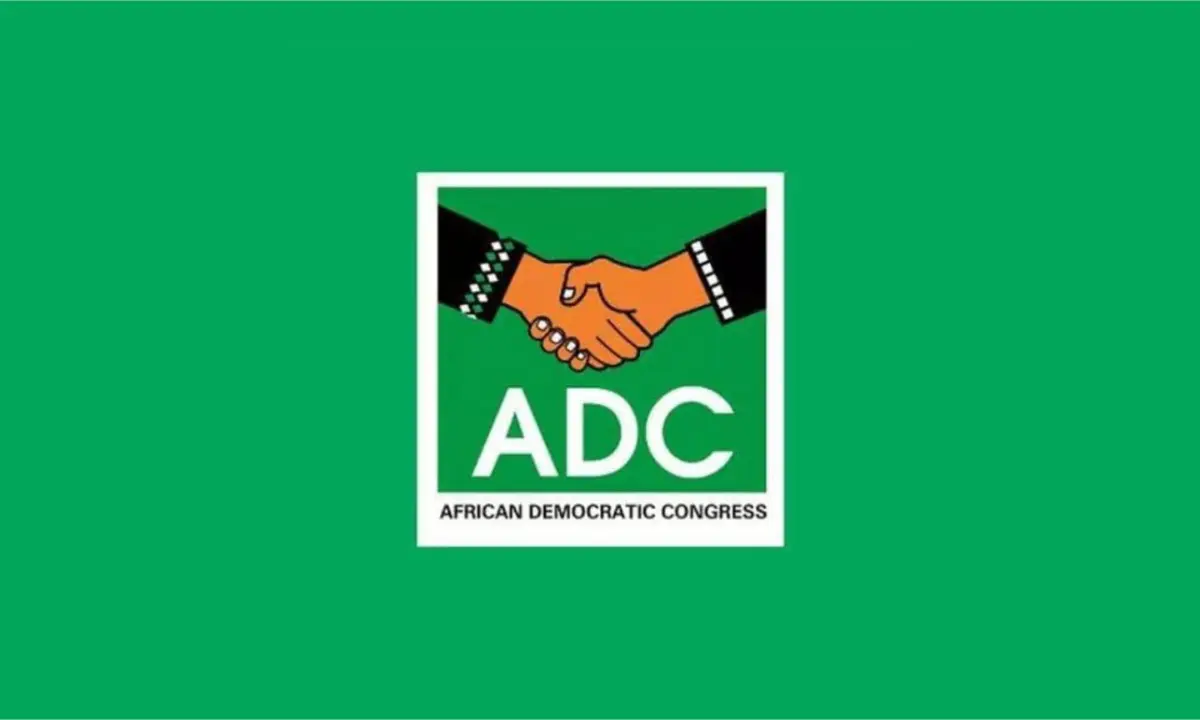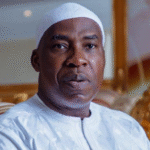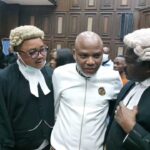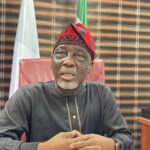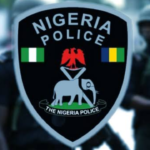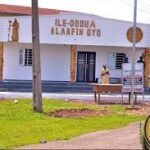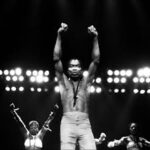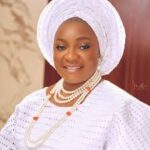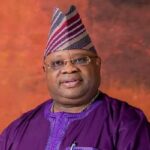Now Reading: 2027 Elections: INEC, Police Raise Red Flags Over Electoral Law Violations
-
01
2027 Elections: INEC, Police Raise Red Flags Over Electoral Law Violations
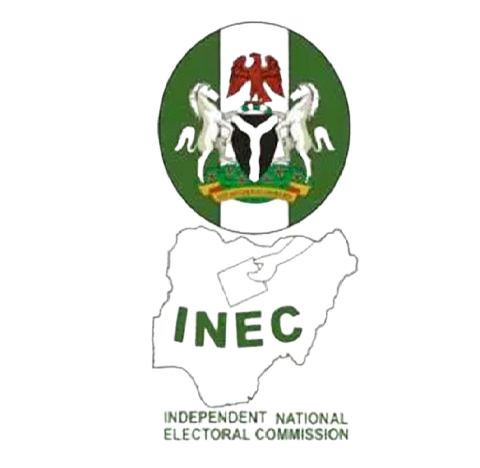
2027 Elections: INEC, Police Raise Red Flags Over Electoral Law Violations
As Nigeria inches closer to the 2027 general elections, the Independent National Electoral Commission (INEC) and the Nigeria Police Force have issued stern warnings to political parties over early campaign activities, which they describe as violations of existing electoral laws.
INEC Chairman, Professor Mahmood Yakubu, expressed deep concern over the surge in subtle political campaigns across the country—despite clear provisions in the Electoral Act 2022 that prohibit campaign activities until 150 days before election day.
Speaking at a one-day roundtable on early political campaigns held at the Electoral Institute in Abuja, Yakubu described the trend as a “disturbing development” that threatens democratic processes and undermines INEC’s regulatory capacity. He specifically cited Section 94(1) of the Electoral Act, which mandates that campaigns must start no earlier than 150 days before polls and end 24 hours prior to voting.
“Political parties, candidates and their supporters seem to be perpetually in election mode—even before INEC releases the official timetable,” he said.
Yakubu further lamented the increasing instances of outdoor advertisements, media campaigns, and rallies—many of which appear to be strategically disguised political promotions.
One of the core issues, according to Yakubu, is the lack of legal penalties for early campaigning. While Section 94(2) of the Act imposes a fine of ₦500,000 for campaigning within 24 hours of an election, there is currently no sanction for violating the 150-day rule.
“Here lies the challenge for the Commission,” Yakubu explained. “The law does not provide any punishment for starting campaigns too early, leaving INEC with limited enforcement power.”
He noted that early campaigning also undermines campaign finance monitoring, as funds are spent long before official tracking can begin, making it difficult to ensure financial transparency and accountability.
To address these issues, Yakubu revealed that INEC is working with the National Assembly to amend the Electoral Act, empowering the Commission to sanction violators and curb the growing trend of premature political activities.
The growing political mobilization has triggered sharp reactions across party lines. While former INEC Chairman Attahiru Jega called for stricter enforcement, opposition parties such as the Peoples Democratic Party (PDP) and the African Democratic Congress (ADC) accused the ruling All Progressives Congress (APC) of being the worst offender.
The APC, however, defended INEC’s position and pledged support for legal reforms. Meanwhile, accusations and counter-accusations continue to heat up the political space, particularly in Lagos and the Federal Capital Territory (FCT), where campaign posters, billboards, and social media promotions have already become widespread.
Also speaking at the Abuja roundtable, Inspector General of Police (IGP) Kayode Egbetokun emphasized the police’s readiness to enforce existing laws, while also questioning the relevance of strict campaign timelines in a modern digital era.
“Do we really need to continue regulating campaigns in 2025?” he asked, highlighting the growing influence of social media and digital advocacy in political mobilisation.
Despite these questions, Egbetokun reiterated that the police would continue to uphold the law as passed by the National Assembly and ensure peace and security during electioneering.
“We will continue to do everything needed to ensure that campaigns go on peacefully—at any time and in any location—as long as it is in line with the law,” the IGP stated.
The recurring issue of early campaigning has raised concerns about its broader impact on governance. With political actors constantly focused on the next election cycle, critics argue that attention is being diverted from service delivery and accountability.
As was seen ahead of the 2023 elections, premature political activity risks heightening national tension, polarising communities, and eroding trust in democratic institutions
With the 2027 general election still over a year away, the early start to political campaigns underscores the urgent need for electoral reform. INEC’s call for greater legal backing, coupled with the police’s commitment to enforcement, sets the stage for what could become a defining moment in Nigeria’s democratic evolution.
Source: Punch



